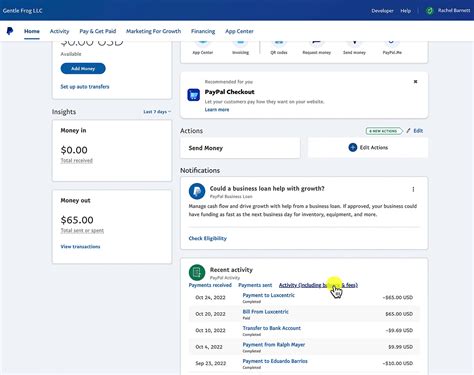- سبدخرید خالی است.
- ادامه خرید
Solana: Retrieve transaction history for SPL token mint address
Call the transaction history for a certain token on Solana: a simple solution
As an enthusiastic user of the Solana blockchain, you probably came across situations in which you have to follow the transaction history of a certain tokens. Regardless of whether it is regulatory purposes, market research or just curiosity, access to transaction data can provide valuable knowledge and information about the movements of the token.
In this article we will examine how transaction history can be called up for a certain Solana token by specifying its address, regardless of which wallet bought or sold the token. We will also cover some additional considerations that we can take into account.
Why call transaction history?
Before you immerse yourself in the solution, it is important to understand why calling the transaction history is important. By analyzing the transactions on a blockchain like Solana, you can:
- Understand the supply and demand of the token

: Analyze how much of every token was traded or bought.
- Identify trends and patterns : Search for anomalies in the data to identify potential market efficiency.
- Check transactions : Confirm the authenticity of transactions by checking your validity and time stamp.
Call the transaction history with Solana **
To access the transaction history for a certain Solana token, you can use the function get_account_by_token from the Solana SDK. Here is an example of how it works:
`Solana
Use Solana_SDK :: Account_info :: {Next_Account_info, Accountinfo};
Use Solana_SDK :: RPC :: transaction :: transaction;
Async fn get_transaction_history (token_address: & str) -> Result
Lass accounts = get_Accounts (token_address) .await?;
Transactions = contaCes.ITER (). map (| info | info.transaction) .collect ::
Ok (transactions)
}
In this example we use the function Next_Account_info to access the next account in a transaction sequence. Then we map every transaction and collect them in a vector.
Enter the token address
When calling up the transaction history for a certain token, you must specify your address as an argument for the “Get_transaction_History” function. The format of the token address is . For example:
- SPL
(Solana pound)
- $ Spx` (Solana price index)
Reflections and best practices
Before you start calling the transaction history, think of the following:
- token Whitelisting : Make sure that your token is on the Solana Whitelist adjusting platform to avoid problems with transactions.
- Safety : Keep sensitive information such as private keys to prevent unauthorized access to your item pockets or account details.
- Transaction frequency : Pay attention to the frequency in which you can call up the transaction course, since excessive inquiries can affect the network performance.
Diploma
Calling the transaction course for a certain Solana token is a simple process that requires minimal furnishing and configuration. By providing your address and using the “Get_Account_by_Token” function from Solana SDK, you can collect valuable insights into the movement of the token on the blockchain. Remember to take security and best practices into account when working with sensitive data.
Additional resources
Further information on receiving the transaction history in Solana recommends checking the official Solana documentation: <
If you have any questions or need further help, please do not hesitate to ask!
